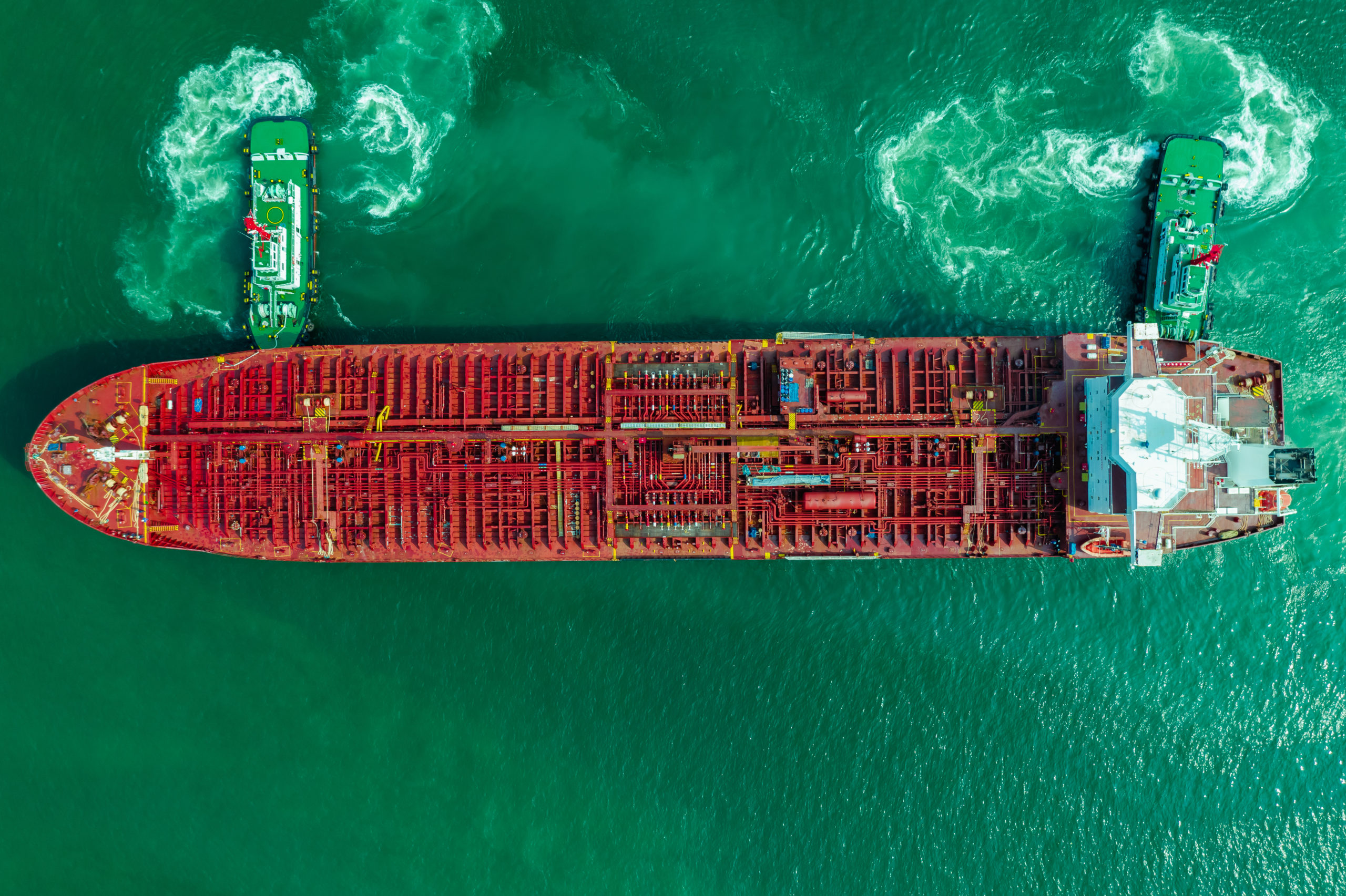
The maritime industry must take immediate collective action on an unprecedented scale to bring the decarbonization of the industry closer to the Paris 1.5°C trajectory, says the Maritime Decarbonization Strategy report, published by the Denmark-based Mærsk Mc-Kinney Møller Center for Zero Carbon Shipping.
The new report urges companies, governments, and individuals across the globe to collectively fast-track decarbonization this decade and outlines key actions that lie ahead regardless of what the end game will be.
According to the report, international and domestic shipping uses approximately 12.6 EJ of energy each year, corresponding to around 300m tonnes of fossil fuels. To align with the Paris 1.5°C trajectory, the industry must limit its fossil fuel consumption of the global fleet to approximately 6 EJ by 2030.
Improving onboard energy efficiency by just 8% – or 1% per year until 2030 – could save ~1 EJ of energy, equivalent to 24 million tonnes of fuel oil.
To leverage this opportunity, shipowners and operators must take immediate action to increase energy efficiency in operation as well as by installing energy efficiency technologies in existing or new vessels.
The report also says that members of IMO need to reach consensus on ambitious absolute emission targets to reduce global GHG emissions from a well-to-wake perspective. This should be complemented by shared international rules and standards supporting alternative fuels and decarbonization technologies.
Source: Mærsk Mc-Kinney Møller Center for Zero Carbon Shipping


